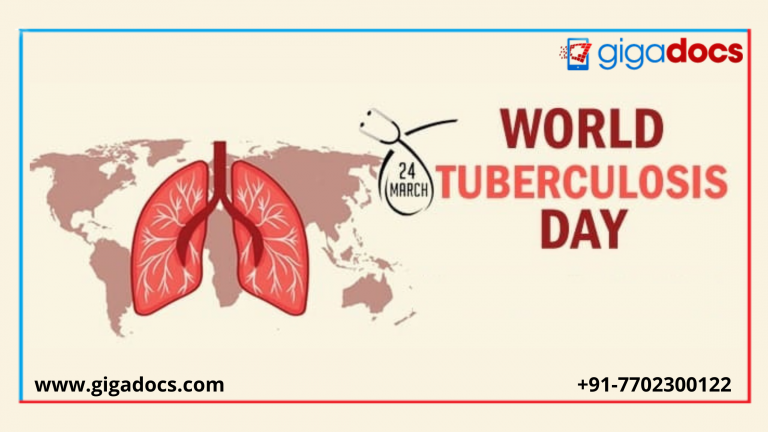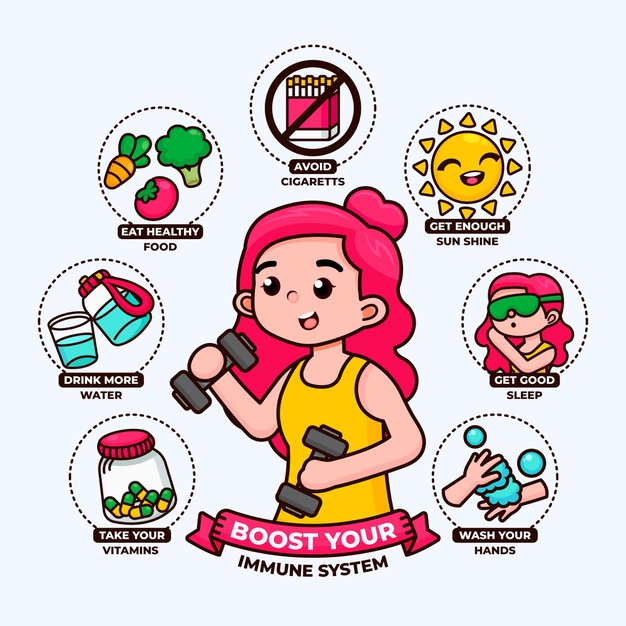Those with tuberculosis are more likely to spread the disease to people with whom they interact, like family members or coworkers. It is advisable to see your doctor for testing if exposed to tuberculosis. A tuberculosis skin test or TB blood test can help detect tuberculosis infection.
Dealing with tuberculosis entails a lengthy treatment regimen, potential medication side effects, and potential complications, all of which can be difficult for a patient. Furthermore, tuberculosis can spread outside the lungs, causing secondary infections.
Tuberculosis Symptoms
Tuberculosis symptoms can be coughing, chest pain, and coughing up blood can also be a symptom of tuberculosis of the lungs; these symptoms vary depending on the body organ affected. Mentioned below are the symptoms of TB and how they affect our body-
TB Infection Spread
Though most people believe tuberculosis only affects the lungs, in reality, it can also affect other organs. When a person with tuberculosis of the lung coughs, sneezes, or speaks, the bacteria that causes TB to get released into the air.
The lungs, or the body’s pulmonary system, are the most commonly affected by tuberculosis. However, it can also affect other organs, a condition known as extrapulmonary tuberculosis. Other affected organs are-
- The central nervous system (TB meningitis),
- Lymph nodes,
- The abdomen (abdominal TB),
- The kidney and bladder (urogenital TB),
- Blood,
- The lining of the lungs (pleural TB), and
- Bone and joints (musculoskeletal system).
Extrapulmonary tuberculosis is more common in HIV patients due to a weakened immune system. It can also happen to underweight people who have other health concerns such as chronic kidney disease, diabetes, and cancer. Even extrapulmonary tuberculosis can become more severe by smoking and the use of immune-suppressing drugs.
| World TB Day World Tuberculosis Day is celebrated on March 24. The goal of this day is to raise public awareness about the devastating economic, health, and social consequences of tuberculosis and efforts to end the global TB epidemic. |
TB and One’s Immunity
When a person is healthy, they can successfully protect themselves from tuberculosis. However, as their immune system deteriorates – due to aging or conditions such as HIV and diabetes – the wall may crumble. If this occurs, the bacteria may multiply and cause active disease.
If you become infected, you are more likely to develop active tuberculosis if your immune system is compromised- this could include the following:
- Infants and young children
- Diabetic patients
- HIV/AIDS patients
- Organ transplant recipients
- Patients undergoing chemotherapy for cancer
Tuberculosis Prevention
Your healthcare providers will determine the best treatment for you based on the following factors:
- Your age.
- Overall health and your historical health.
- Your immunity.
- How your body responds to therapies and specific medications.
TB Treatments
Short-term hospital care should be availed for newly diagnosed latent tuberculosis, and for active tuberculosis. Let’s read more about them-
- For newly diagnosed latent tuberculosis, a 6- to 12-month course of antibiotics kills off the TB organisms in the body. Some people with latent tuberculosis are treated with a three-month course of two antibiotics.
- For active tuberculosis: Your doctor may prescribe three or more antibiotics in combination for a period of six to nine months or longer. People usually start to feel better within a few weeks of starting treatment. If treatment is completed as prescribed by a healthcare provider, the person is usually no longer contagious after several weeks of treatment with the appropriate medicines.
TB Treatment and TB Test with Gigadocs
With the Gigadocs telehealth care app, you can speak with a specialist teleconsultant over the phone via a phone call or a video call. If you have any of the following symptoms, you should see a doctor right away:
- Vomiting
- Abdominal pain
- Fever that persists for 3 days or longer
- Jaundice
- Nausea
- Soreness
- Blurry vision or color-blindness
- Dark urine
Get your Diagnostic Tests carried out from the comfort of your home. Get your TB test through Gigadocs, to know more about the tests and the availability of Home Sample Collections,
Reach out to us, download Gigadocs App from-
- IOS App – apple.co/2W2iG4V
- Android App – bit.ly/33AQoRC
To know more and schedule a Virtual Consultation demo, Email @ info@gigadocs.com




